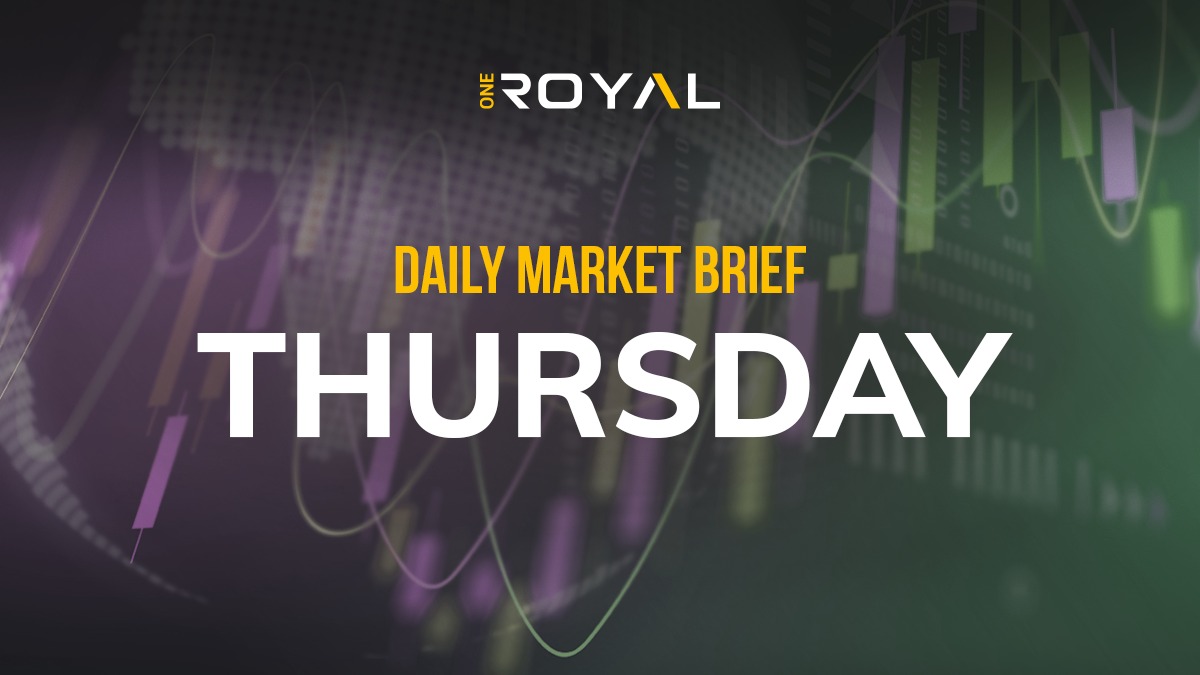On Wednesday, the Federal Reserve raised interest rates for the ninth time in succession, choosing to keep fighting against high inflation despite the banking sector’s stress following the bankruptcy of two local banks. Fed officials decided unanimously to increase their benchmark interest rate by a quarter percentage point to just under 5%, making auto loans and carrying credit card balances increasingly expensive.
Federal Reserve committee members agree that slightly higher interest rates may be required to reestablish market equilibrium. According to new forecasts published on Wednesday, policymakers expect rates to rise by another quarter-percentage point by the end of the year. However, tensions in the financial system have been easing recently. According to Janet Yellen, the Treasury Secretary, heavy withdrawals from banks have stabilized.
The Fed is also under fire for handling the two collapsed banks. Fed supervisors allegedly found issues with Silicon Valley Bank’s risk-management procedures years ago. Still, the problems were not addressed, and the California bank was forced to be taken over by the US government after a massive bank run.
European stocks declined, while anticipating the results of the Bank of England meeting.
Most European stocks fell in early trading Thursday, following the Federal Reserve’s interest rate hike by 25 basis points, while awaiting the results of the BoE meeting today.
Citigroup downgraded the credit rating of the banking sector in Europe, warning that the rapid rate hikes will further affect economic activity and lenders’ profits.
The Stoxx Europe 600 index fell by 0.38% to 445 points at exactly 08:07 GMT, the British FTSE 100 index fell by 0.35% at 7540 points, while the German DAX index settled at 15215 points, and the French CAC index settled at 15215 points. 7132 points.
The Bank of England’s Monetary Policy Committee meets today to decide on the interest rate in light of rising inflation in the UK, with an expected 25bp increase to be the 11th in a row.
Also, European Union’s twenty-seven leaders will meet today in Brussels amid the growing dispute between France and Germany, sparked by differences over nuclear energy and combustion engines.
Cryptocurrencies rise, and experts predict bitcoin will reach $100,000.
Cryptocurrencies rallied Thursday, while Bitcoin extended its nearly 70% gain this year. Industry experts remain optimistic that the world’s largest cryptocurrency can break through to new highs, despite regulatory crackdowns.
The positive outlook stems from how the asset has fared during the banking turmoil sparked by the recent US bank default, as Bitcoin soared rather than crashed.
Marshall Byrd, chief strategy officer at Gemini, the digital currency exchange, predicted the possibility of bitcoin reaching $100,000, which means an increase of 270%. Bitcoin rose 3.54% at $27,714.62 at 07:44 GMT, according to Coinbase data. Ethereum rose 1.89% to $1,754.99, and Ripple added 4.93% at 44.55 cents.
The US Securities and Exchange Commission threatened to sue Coinbase Global over some digital exchange products, which added to the tension in the sector. The authority has intensified its efforts and oversight of the digital currency industry since the collapse of the FTX exchange last year.
Gold prices rose 1.5% with the decline of the dollar.
Gold prices rose Thursday as the dollar weakened after the US Federal Reserve hinted at an imminent pause in its interest rate hike cycle, making safe-haven assets a more attractive bet.
Gold jumped by 2% immediately after the Federal Reserve raised interest rates by an expected 25 basis points, indicating that it might stop the cycle of increases after the recent crisis of US banks.
Gold prices rose more than 8% this month due to concerns surrounding the banking and financial sector. US Treasury Secretary Janet Yellen told lawmakers that she only considered or discussed comprehensive insurance for US bank deposits with congressional approval, which brought back the specter of uncertainty.
Yellow metal futures for June delivery rose 1.52% at $1996.4 an ounce at 08:22 GMT, and spot delivery rose 0.29% to $1975.87 an ounce.
Silver futures for May delivery rose 1.00% to $23.02 an ounce, the spot price of platinum rose 0.48% at $991.50, and palladium rose 0.79% to $1464.86. The dollar index – which measures the performance of the US currency against a basket of six currencies – decreased by 0.15% at 102.19 points.
The Dow Jones recorded the largest daily loss two weeks.
US indices closed collectively lower in Wednesday’s session, following the Federal Reserve’s decision to raise interest rates by 25 basis points and the Fed’s chairman’s expectations not to cut rates this year.
FOMC members also stated in the Fed’s statement that some additional tightening might be possible. Still, they indicated that it is about to halt future increases in light of the recent turmoil in the financial sector.
The Dow Jones index fell by 1.6%, or the equivalent of 530 points, recording the most extensive daily loss in a week. The index closed below its 200-day moving average in Wednesday’s session. The main sectors recorded a collective decline, led by the industrial sector, which declined by more than 3%.
The Nasdaq Composite Index fell by 1.6% in Wednesday’s session, and the US Regional Banks Index fell by more than 5%, closing near its lowest level in over two years. The S&P 500 index fell by 1.7% to lose 4,000 points but stayed above the 200-day moving average.
First Republic shares fell in volatile trading amid concerns that it may need to downsize or seek government support.
Oil prices are falling as investors evaluate the US interest rate hike
Oil prices fell Thursday, March 23, following three sessions of gains, after US Federal Reserve Chairman Jerome Powell renewed his commitment to curbing inflation, including the possibility of raising interest rates again.
By 00:09 GMT, Brent crude futures fell 80 cents, or 1%, to $75.89 a barrel, and US crude futures fell 84 cents, or 1.2%, to $70.06 a barrel. Both benchmarks reached their highest closing levels since March 14 in a settlement on Wednesday.
Powell said yesterday, Wednesday, that pressures in the banking sector could lead to a credit crisis, with “clear” repercussions on the US economy, which officials at the US Central Bank expect to slow down more than expected before this year.
The US banking crisis caused fluctuations in the trading of risky assets such as oil during the past week, with investors anticipating the US Central Bank’s decision to raise interest on Wednesday.
Disclaimer: This article is not investment advice or an investment recommendation and should not be considered as such. The information above is not an invitation to trade and it does not guarantee or predict future performance. The investor is solely responsible for the risk of their decisions. The analysis and commentary presented do not include any consideration of your personal investment objectives, financial circumstances, or needs.




